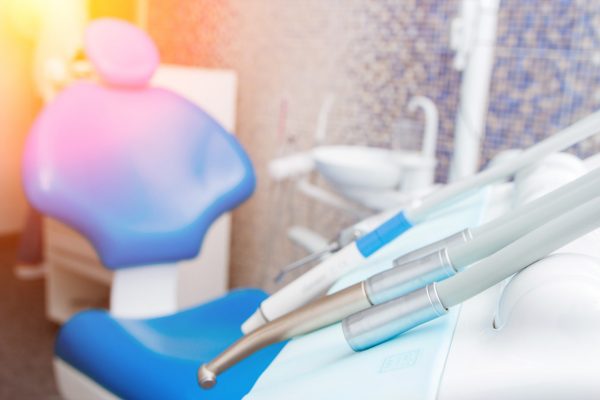Educational Info
Dental Phobia
While there are some individuals who experience “dental phobia” to the point where they sacrifice their oral health by choosing not to visit the dentist, there may be very little for them to fear. Modern dental techniques have reduced pain to a level you wouldn’t even notice. Plus, a relaxing and comforting environment from skilled dentists has been shown to ease fears when patients know they’re in the best of hands.
Flossing
Flossing between teeth may not be done at home as often as tooth brushing, but it is equally important. Unless you floss regularly, decay-causing bacteria can accumulate in places where toothbrush bristles cannot adequately penetrate. Yet, only 12% of Americans floss daily!
Dental floss is the most effective tool for cleaning the tight spaces between your teeth. A water pick can also help by removing food particles from your teeth and may help reduce bleeding and gum disease.
If you are only brushing your teeth and not flossing, you are only cleaning about 60 percent of your teeth, which puts you at higher risk for tooth decay and gum disease.
Cavities At Early Ages
While tooth decay has been on the decline over the past few decades, dentists are discovering a worrisome new rise in cavities. This growing problem is likely due to increased use of bottled fluid other than water, as well as increased snacking on sugary food and drinks overall. Many parents also don’t make their children brush regularly, even at very young ages, causing more issues.
Cavities in baby teeth can be easily prevented with attentive, consistent dental care. It is good to begin regular dental visits when your child is about 3 years old. The dentist will not only be able to find problems that you did not, but a good cleaning will help ensure that plaque and tartar do not build up.
Due to the incidents of multiple cavities among preschoolers, it is crucial that your child visits the dentist before his or her first birthday to assess cavity risk and establish good oral health habits.
Tooth Decay
Oddly enough, adults may share a tooth decay problem that is normally associated with infants. The common denominator is the behavior of bathing teeth for long periods in sugary liquids. In the case of babies, “bottle mouth” is the decay that occurs as a result of bathing their teeth in bottle-fed sugary liquids (fruit juices, milk, and formula) as they sleep or latch on to their bottles. In the cases of adults, “latte decay” occurs as a result of nursing either lattes or cups of coffee mixed with milk and/or sugar throughout the day. In either case, being constantly exposed to sugar provides food for the bacteria (Streptococcus mutans) responsible for metabolizing carbohydrates and sugar into enamel-eating acid.
See your dentist at least twice each year for a cleaning and oral exam to prevent tooth decay. At home, you should brush your teeth with a soft toothbrush after each meal and floss daily.
Ask your dentist for options if you regularly maintain a high-sugar or carb diet.
Gum Disease
Dental patients have many reasons to prevent periodontal (gum) disease before it exerts far-ranging adverse effects. Fortunately, the early stages of gum disease can be addressed with proper routine cleanings and good at-home oral hygiene habits. In the more severe cases that involve the buildup of hardened tartar, professional scaling and root planning may be required.
Gum disease can be difficult, sometimes causing little or no pain before permanent damage is done to your teeth. Regular visits to your dentist are important so gum disease can be detected before matters get worse.
Both smokers and non-smokers who are exposed to secondhand smoke may come in contact with toxins in the smoke that increase inflammation and oxidative stress.
Periodontal disease has been linked with a higher risk of heart disease and stroke.
Reduce Heart-Disease Risk
The more we learn about the connection between oral health and general health, the more we understand the importance of healthy gums and teeth. The underlying factor seems to be inflammation-causing bacteria that can travel from diseased gums to other parts of the body through the bloodstream. Thus, to try to reduce the risk of heart disease, keep your teeth clean and gums healthy.
Oral Cancer Prevention
Thankfully, deaths from mouth and throat cancer have declined since the early 1990s. However, this benefit is more common for non-smokers and those with access to good, timely healthcare options. It is highly advised to give up smoking for those who do so, and for everyone to undergo regular dental checkups and screenings. Identifying and treating the condition earlier rather than later is always preferred.
Be sure to tell your dentist if you notice changes in your mouth or throat, such as soreness, swelling, or numbness, or if you have difficulty eating or swallowing.
Aside from smoking, alcohol abuse and the human papillomavirus (HPV) have also been linked to oral and throat cancers.


